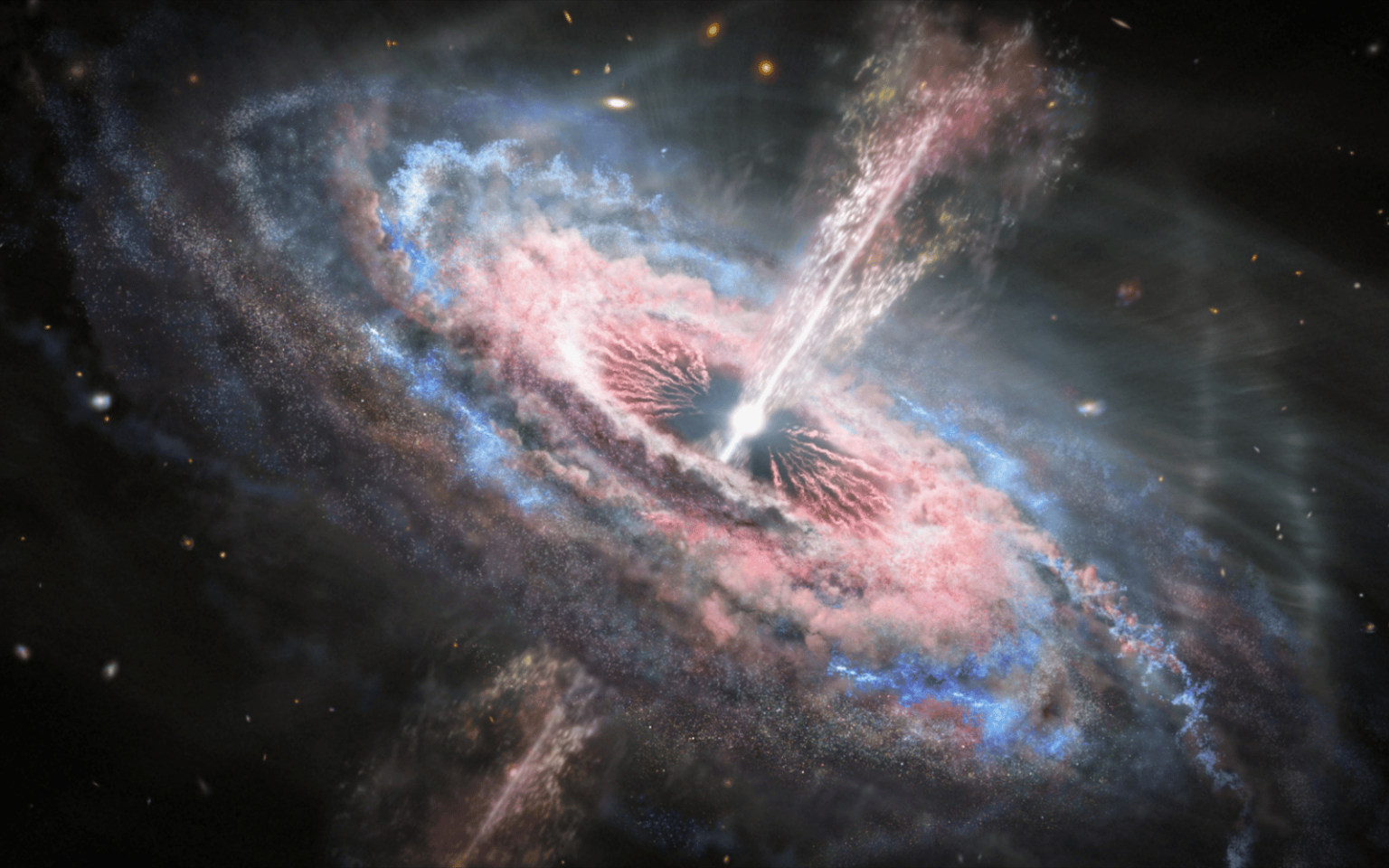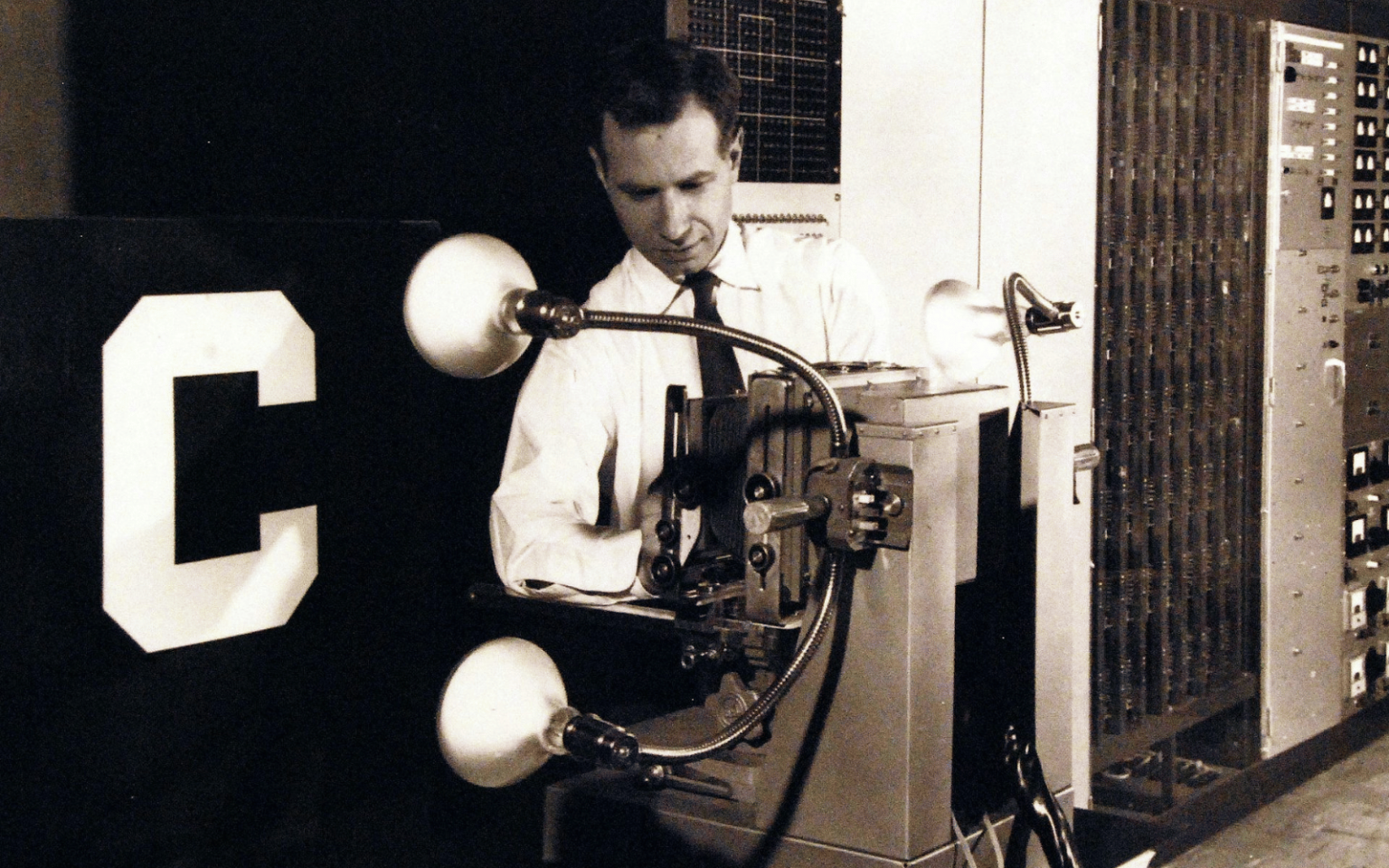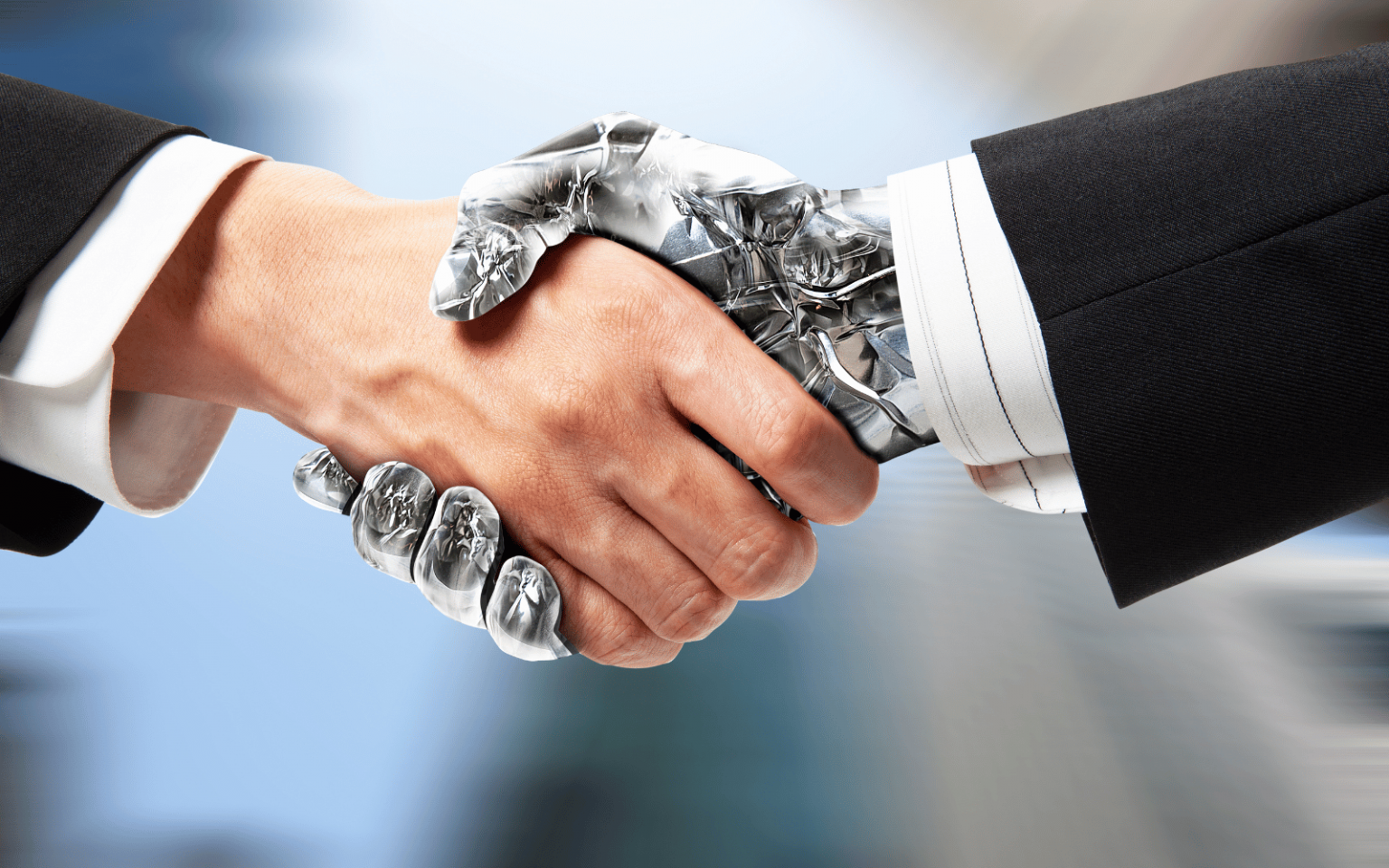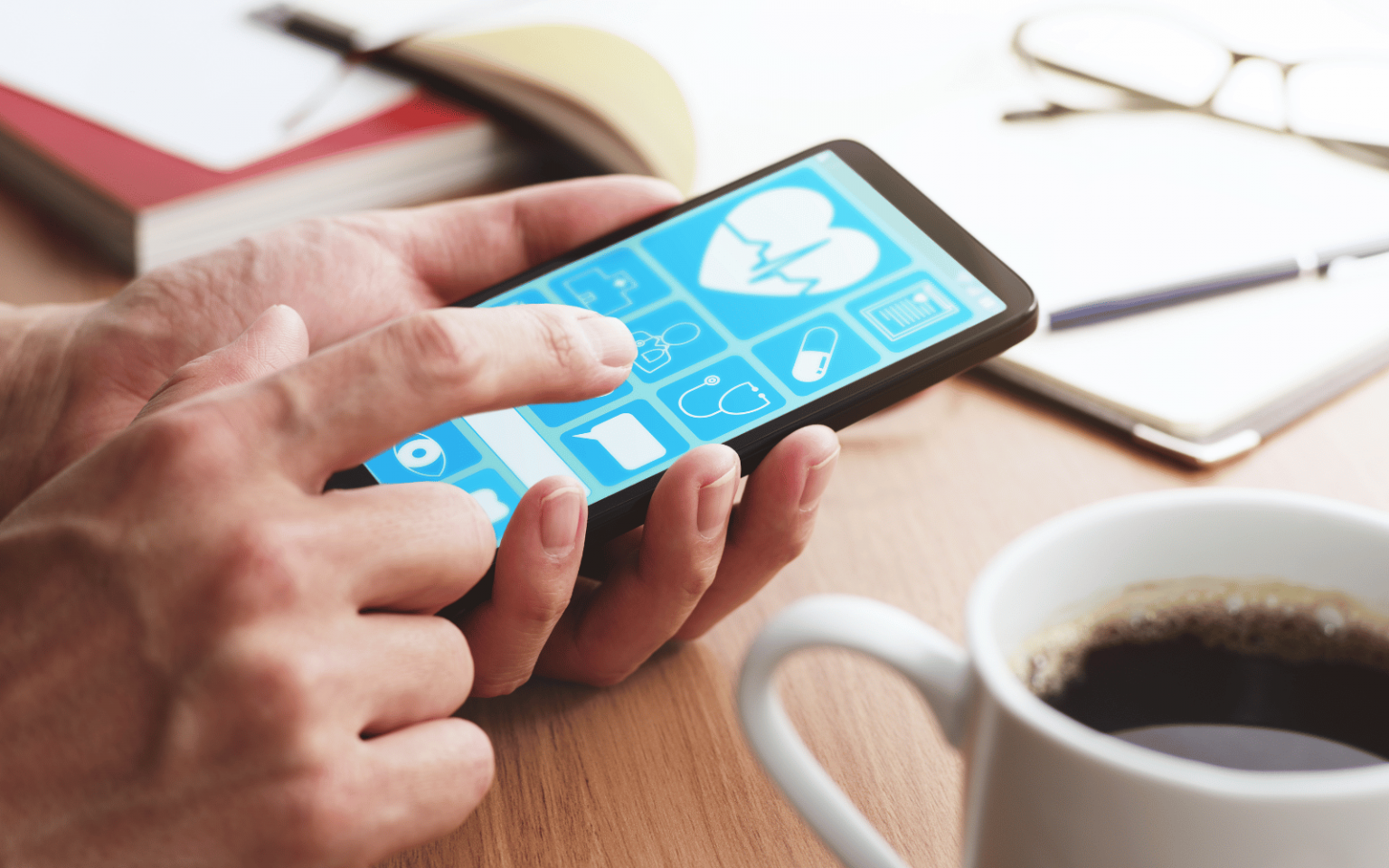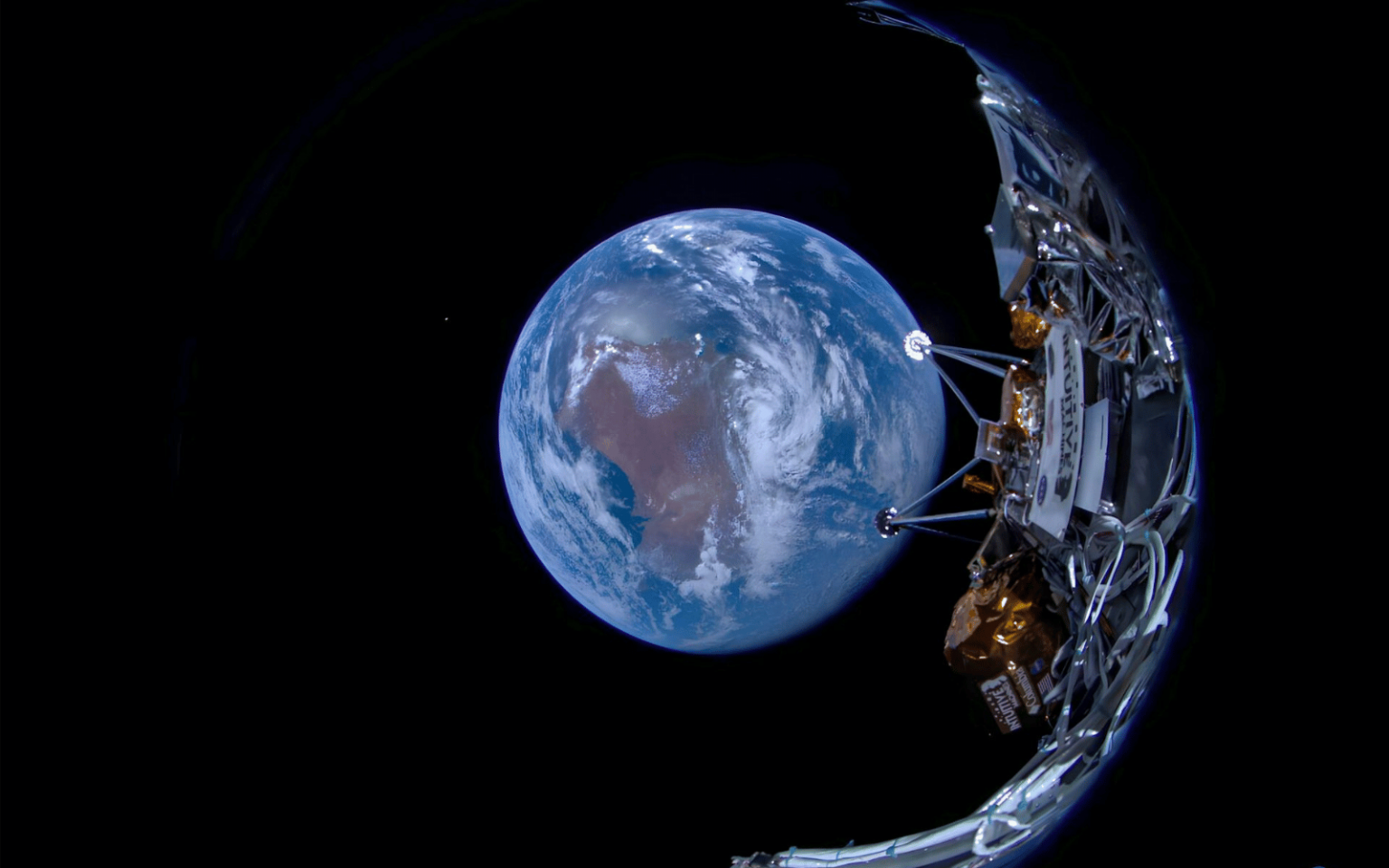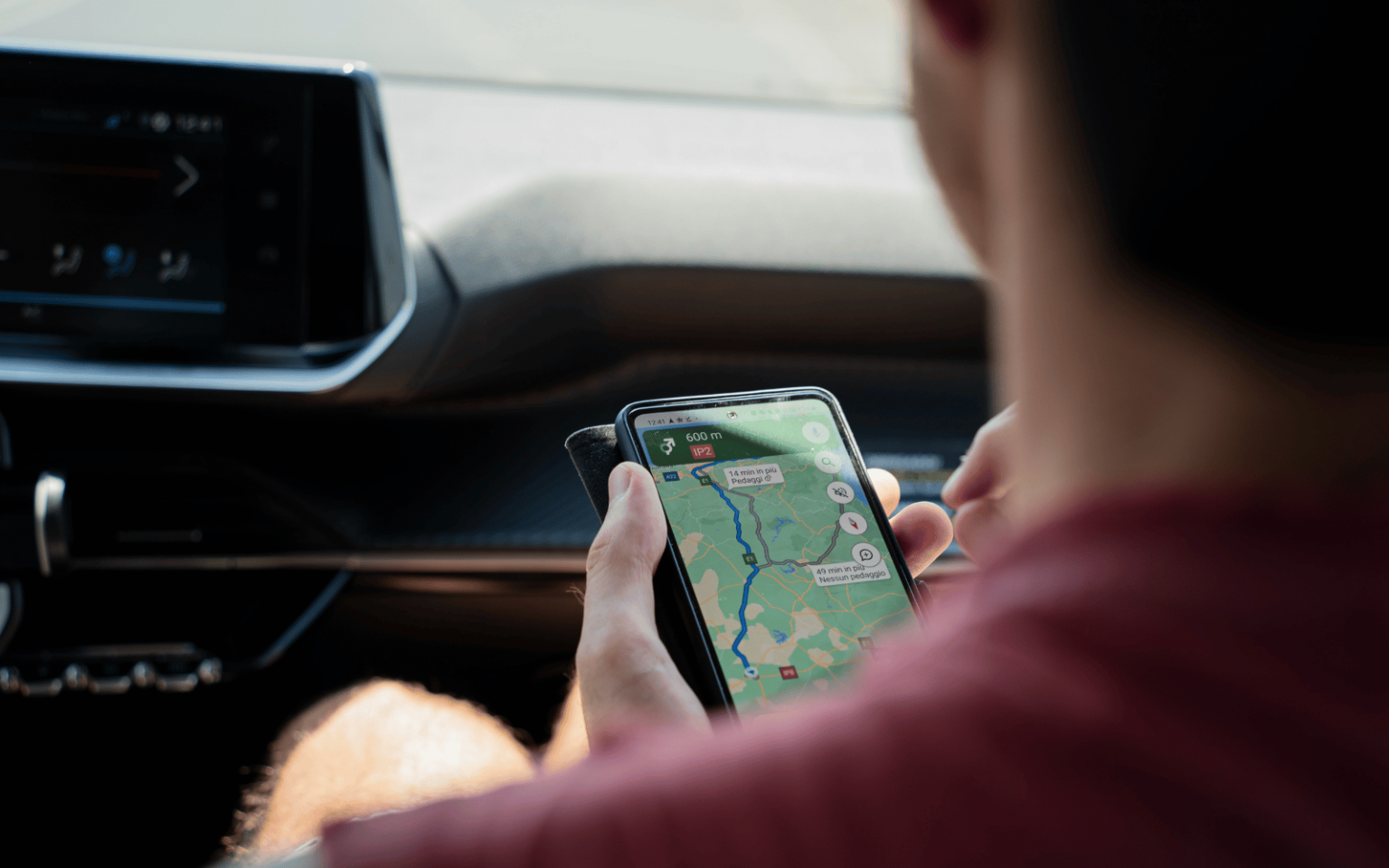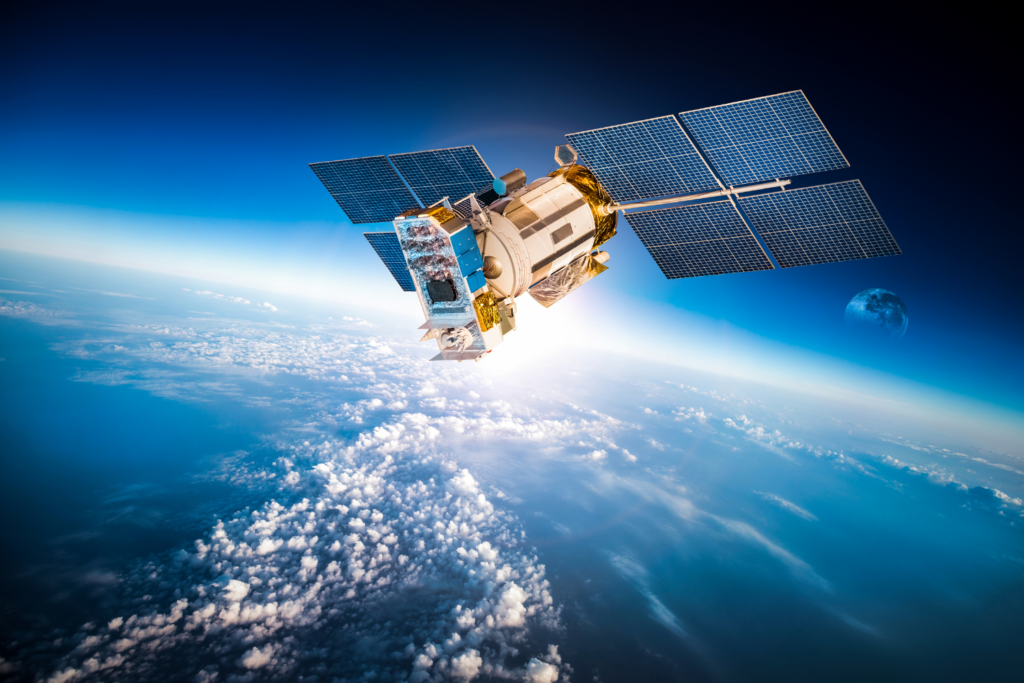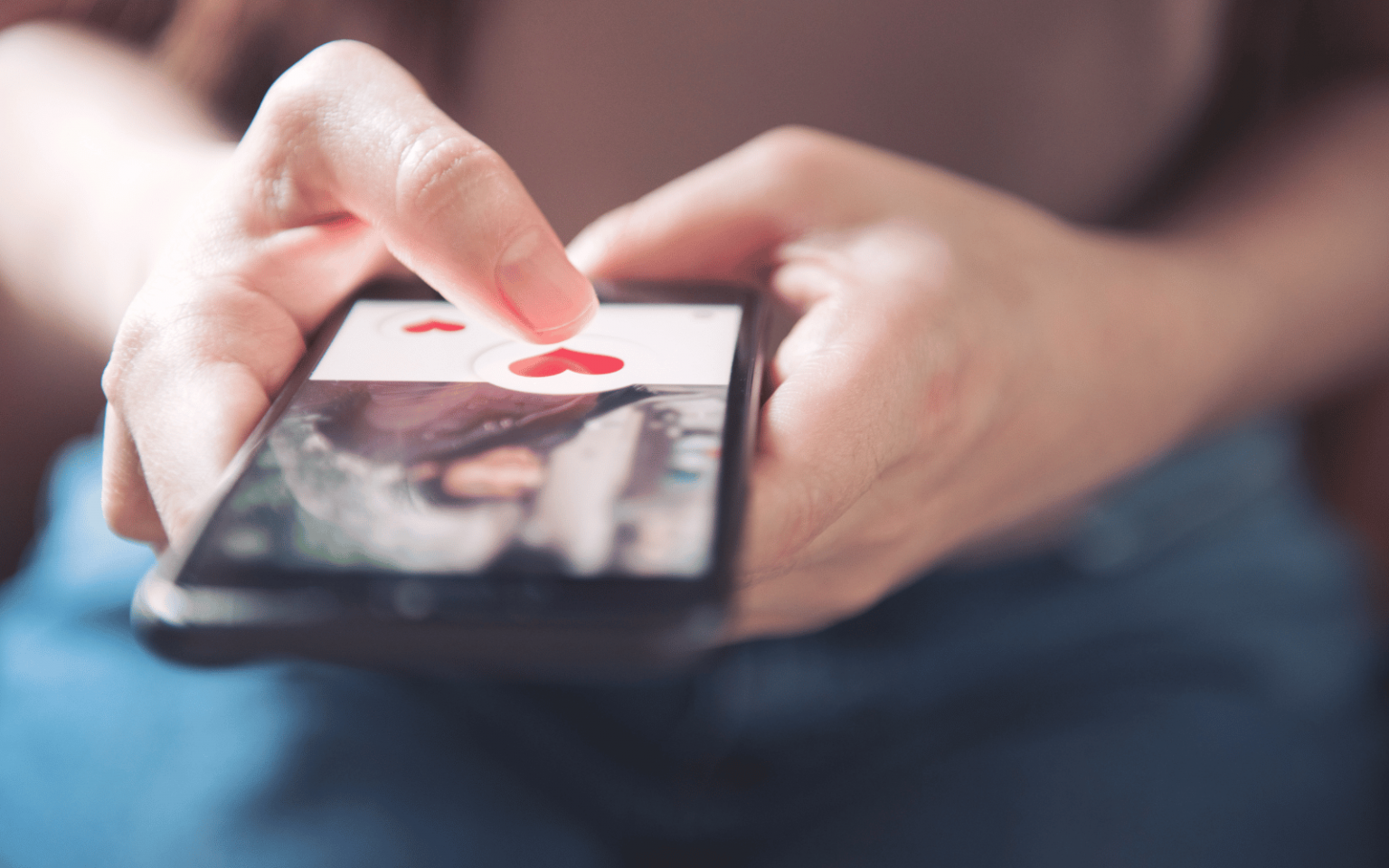Peering deep into the infancy of the universe, the European Southern Observatory’s Very Large Telescope (VLT) recently confirmed the discovery of the brightest and fastest growing quasar. Quasars are luminous objects in the night sky powered by gas falling into a large black hole at the centre of a galaxy. The discovery of this record-breaking object was fascinating enough. But another crucial aspect to the announcement is that it raises big questions about galaxy formation in the early universe. In particular, it remains puzzling how this quasar, which existed less than two billion years after the Big Bang, could have grown so large…
Author: The Conversation
A roomsize computer equipped with a new type of circuitry, the Perceptron, was introduced to the world in 1958 in a brief news story buried deep in The New York Times. The story cited the U.S. Navy as saying that the Perceptron would lead to machines that “will be able to walk, talk, see, write, reproduce itself and be conscious of its existence.” More than six decades later, similar claims are being made about current artificial intelligence. So, what’s changed in the intervening years? In some ways, not much. The field of artificial intelligence has been running through a boom-and-bust cycle since…
The United States is in the grips of a loneliness epidemic: Since 2018, about half the population has reported that it has experienced loneliness. Loneliness can be as dangerous to your health as smoking 15 cigarettes a day, according to a 2023 surgeon general’s report. It is not just individual lives that are at risk. Democracy requires the capacity to feel connected to other citizens in order to work toward collective solutions. In the face of this crisis, tech companies offer a technological cure: emotionally intelligent chatbots. These digital friends, they say, can help alleviate the loneliness that threatens individual and national health. But as the pandemic showed,…
If health is a fundamental human right, health-care delivery must be improved globally to achieve universal access. However, the limited number of practitioners creates a barrier for all health-care systems. Approaches to health-care delivery driven by artificial intelligence (AI) are poised to fill this gap. Whether in urban hospitals or in rural and remote homes, AI has the reach that health-care professionals cannot hope to achieve. People seeking health information can obtain it quickly and conveniently. For health care to be effective, patient safety must remain a priority. The news is filled with examples of novel applications of AI. Riding the wave of recent interest…
If you find it intriguing that February 28 will be followed this week by February 29, rather than March 1 as it usually is, spare a thought for those alive in 1582. Back then, Thursday October 4 was followed by Friday October 15. Ten whole days were snatched from the present when Pope Gregory XIII issued a papal bull to “restore” the calendar from discrepancies that had crept into the Julian calendar, introduced by Julius Caesar in 45 BCE. The new Gregorian calendar returned the northern hemisphere’s vernal equinox to its “proper” place, around March 21. (The equinox is when…
Smartphone ownership among younger children is increasing rapidly. Many primary school children now own smartphones and they have become the norm in high school. Parents of younger children may occasionally (or routinely) look at their child’s phone to check it’s being used responsibly and safely. But as children mature into teens, parental inspections will likely feel like an invasion of privacy. Many would not ask for a high schooler’s diary, yet phones hold even more personal information. So, what do parents need to consider when making the “phone rules” for their children as they get older? Early smartphone ownership Parents get…
In the few short years since the COVID pandemic changed our world, China, Japan and India have all successfully landed on the Moon. Many more robotic missions have flown past the Moon, entered lunar orbit, or crashed into it in the past five years. This includes spacecraft developed by South Korea, the United Arab Emirates, and an Israeli not-for-profit organisation. Late last week, the American company Intuitive Machines, in collaboration with NASA, celebrated “America’s return to the Moon” with a successful landing of its Odysseus spacecraft. Recent Chinese-built sample return missions are far more complex than this project. And didn’t NASA ferry a dozen humans…
In 2009, an Air France jet crashed into the ocean, leaving no survivors. The plane’s autopilot system shut down and the pilots, having become reliant on their computerised assistant, were unable to correct the situation manually. In 2015, a bus driver in Europe typed the wrong destination into his GPS device and cheerfully took a group of Belgian tourists on a 1,200 kilometre detour in the wrong direction. In 2017, in a decision later overturned on appeal, US prosecutors who had agreed to release a teenager on probation abruptly changed their minds because an algorithm ruled the defendant “high risk”. These are dramatic examples, but…
In today’s interconnected world, space technology forms the backbone of our global communication, navigation and security systems. Satellites orbiting Earth are pivotal for everything from GPS navigation to international banking transactions, making them indispensable assets in our daily lives and in global infrastructure. However, as our dependency on these celestial guardians escalates, so too does their allure to adversaries who may seek to compromise their functionality through cyber means. A satellite’s service could be interrupted, or at worst the spacecraft could be disabled. The expansion of the digital realm into space has opened new frontiers for cyber threats, posing unprecedented challenges. This…
A class-action lawsuit filed in the United States against Match Group – the parent company of dating apps Tinder, Hinge and The League – is making headlines around the world. The claimants accuse Match of having a “predatory” business model and using “recognised dopamine-manipulating product features” to get people addicted to their apps. So, can dating apps really be addictive? Are we swiping right into a trap? Here’s the science behind how dating apps are influencing our brains. How do apps give us a dopamine hit? Dating apps, like many apps these days, are designed to keep users engaged. Like any…


